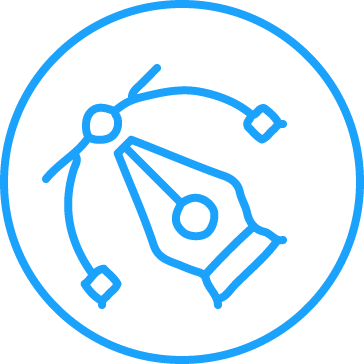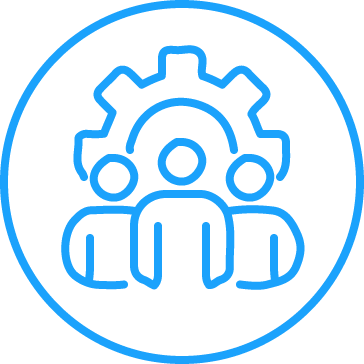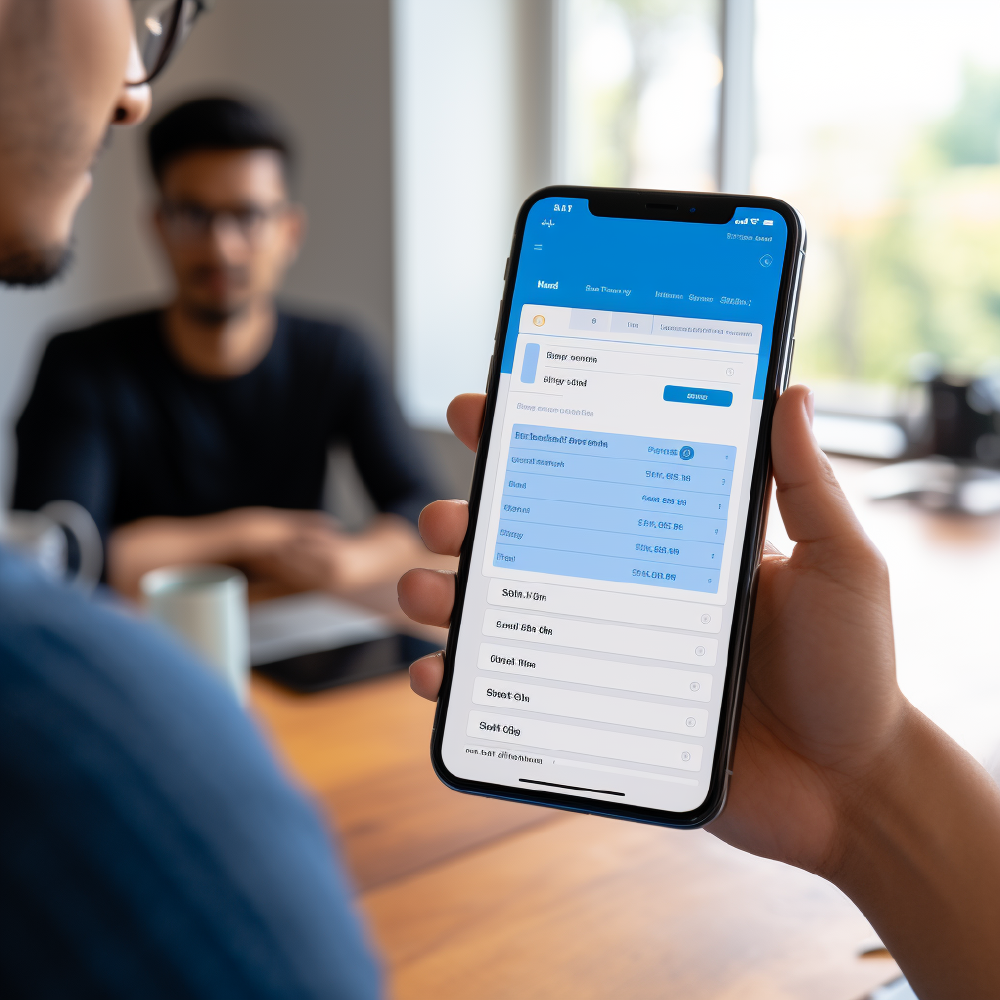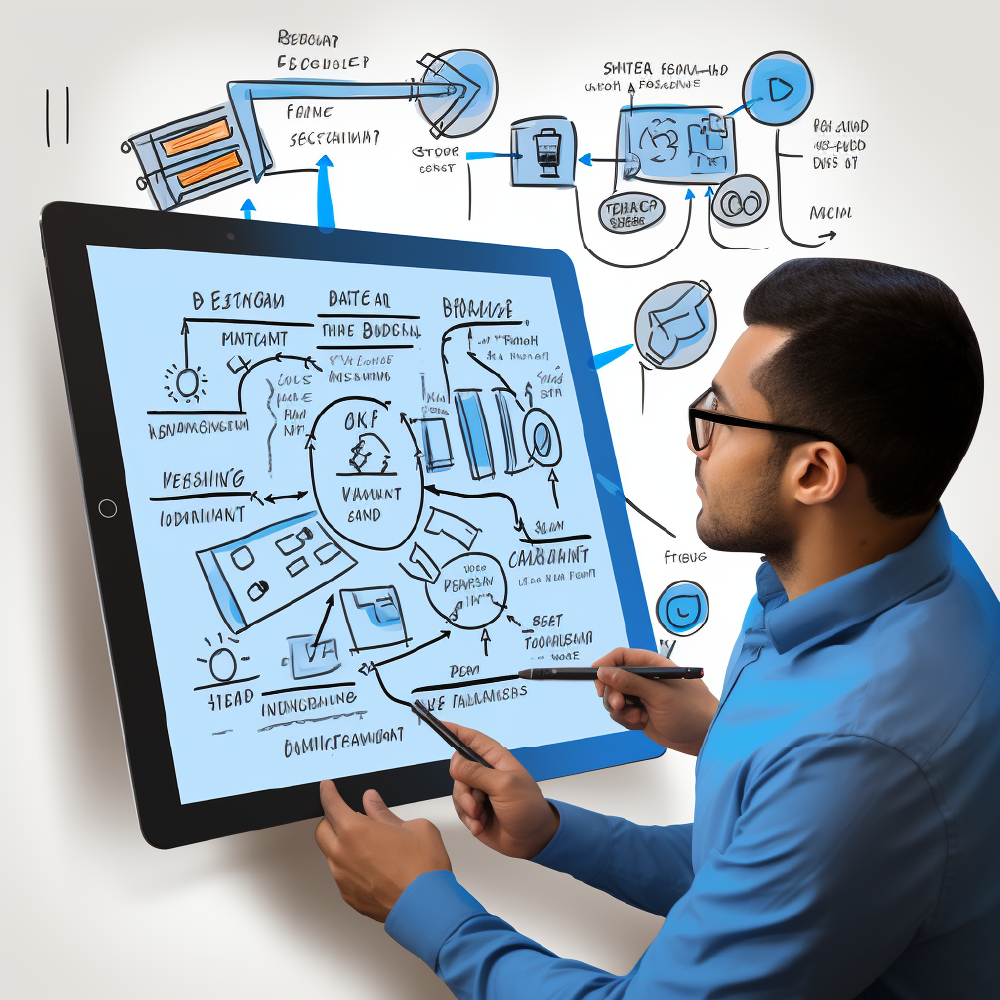
Rapid full stack with AI agents.
From architecture to deployment, our AI-assisted frameworks and libraries ensure swift application delivery while adhering to the highest quality standards and best practices.
 Extensive architecture
Extensive architecture
 Meticulous design
Meticulous design
 Smart programming
Smart programming
 Elaborate QA
Elaborate QA
 Continous Deployment
Continous Deployment
 Adaptive operations
Adaptive operations
With over 20 architectural capabilities in focus, our solutions align with industry benchmarks, where downtime costs average $300,000 per hour, and 68% of users abandon slow systems. By focusing on measurable outcomes, we deliver solutions that matter the most for the driving business case.
Our design approach leverages the most appropriate and proven patterns for front-end user interfaces, back-end microservices, and infrastructure as code. This ensures efficient, maintainable, and scalable solutions that enhance user experience and operational performance.
Our programming approach leverages AI agents and boilerplate code crafted by seasoned developers to significantly reduce development time while ensuring code aligns with architectural principles. By achieving productivity gains of up to 2-3x, we address industry benchmarks.
Our testing approach ensures reliability and performance, addressing industry benchmarks where software failures cost businesses an average of $1.7 trillion annually, and 56% of users abandon applications after encountering bugs.
Our deployment approach leverages automated pipelines, AI-driven workflows, and dynamic scaling solutions powered by platforms like Kubernetes (K8s). This ensures seamless, reliable delivery while enabling applications to scale effortlessly with demand.
Our system operations approach integrates advanced observability and monitoring frameworks alongside AI-driven insights and dynamic scaling solutions. With comprehensive metrics, distributed tracing, and real-time logging, we ensure deep visibility.










